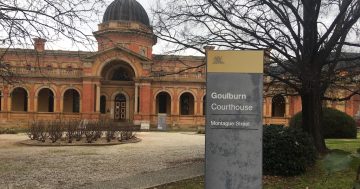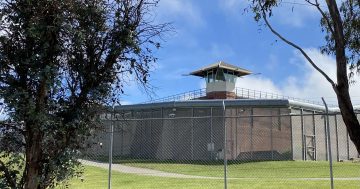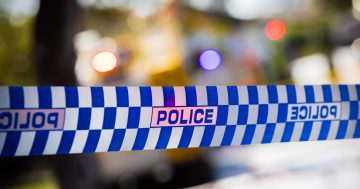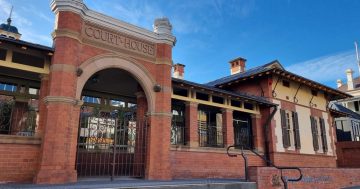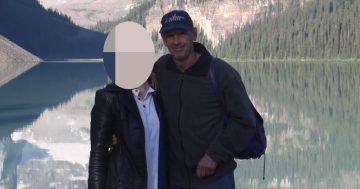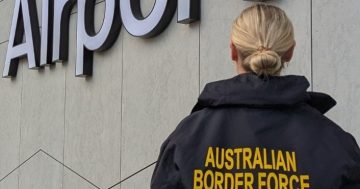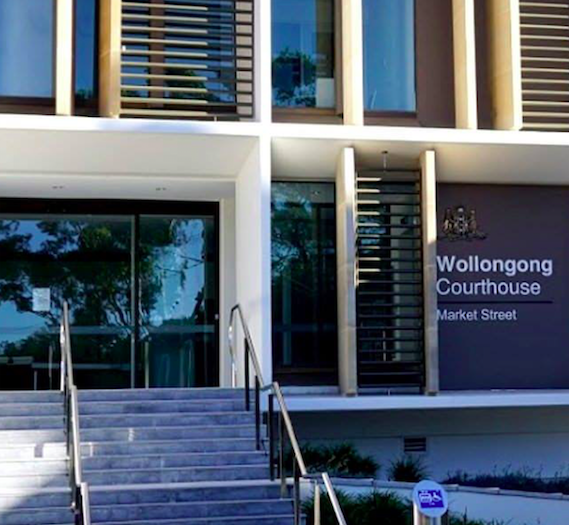
The man was found guilty in a trial at the Wollongong District Court in 2019. Photo: NSW Courts.
CONTENT WARNING: This article refers to child abuse, mental health and suicide.
A NSW South Coast fisherman was already serving a jail sentence for child-sex offences when he learned more allegations of sexual offending had been made against him.
He was handed extra charges and refused bail over these new allegations just days before he was to be released on parole, then took his own life a few days later.
A mandatory inquest was held into the man’s death as he died in custody, but his name legally cannot be reported as it was suppressed in the proceedings.
Earlier this month, Deputy State Coroner Kasey Pearce found the 70-year-old took his own life at the Long Bay Correctional Centre on 26 November, 2021.
She said he had been an enthusiastic recreational fisherman who worked as a trawler skipper before becoming an advocate for those working in the fishing industry.
In 2016, he was charged with historical child-sex offences and began to struggle with his mental health.
He tried to commit suicide the following year and was taken to the Batemans Bay and Canberra hospitals for treatment before getting follow-up appointments with his GP in Eden and psychiatrist in Canberra.
He faced a Wollongong District Court trial in 2019, then was found guilty on four charges, taken into custody and sentenced to four years’ jail with a two-year non-parole period.
While he was treated for depression when he was in the community, Deputy Coroner Pearce said he managed well in custody and worked as a laundry mechanic in jail.
In mid-2020, the man’s wife told Corrective Services NSW (CSNSW) staff she would be telling her husband that more allegations of sexual offending had been made against him.
She did not think he would receive the news well and asked officers to keep an eye on him.
Later, during a review held towards the end of his non-parole period, he said spending another two years in custody would kill him. At the time, Corrective Services staff did not interpret this as a threat.
On 22 November, 2021, just a few days before he was due to be released on parole, he was charged with more sexual offences and refused bail. This meant he would stay in jail even though parole was granted.
He took his own life four days later, on 26 November.
“There is no evidence that after he was refused bail, that [the man] disclosed to staff or inmates his thoughts in relation to the fresh charges, or his intention to take his own life,” Deputy Coroner Pearce said.
“There is similarly no evidence that he made any request for access to mental health services.”
She said the evidence suggested there were some missed opportunities for intervention, but it didn’t mean the man would not have died if they hadn’t been missed.
“It would have been clear to him that irrespective of his plea to the fresh charges, he would have faced significantly more time in custody before they could be finalised,” Deputy Coroner Pearce said.
“[He] began preparing to take his own life the day after he was refused bail.
“There is no evidence to suggest that there was any failure on the part of CSNSW or Justice Health staff that contributed in any way to [his] death.”
The Deputy Coroner said despite the difficulties the man and his family faced due to his offences and incarceration, it was clear that his wife and daughter continued to love and support him.
He was in daily contact with them during his time in jail.
If this story has raised any concerns for you, 1800RESPECT, the national 24-hour sexual assault, family and domestic violence counselling line, can be contacted on 1800 737 732 or by visiting www.1800respect.org.au. Help and support are also available through the Canberra Rape Crisis Centre on 02 6247 2525, the Domestic Violence Crisis Service ACT on 02 6280 0900, Sexual Violence Legal Services on 6257 4377 and Lifeline on 13 11 14. In an emergency, call triple zero. You can report a sexual assault by attending an ACT Policing station in person, calling 000 in an emergency or 131 444 for police assistance, or online if the sexual assault occurred more than six months ago.







